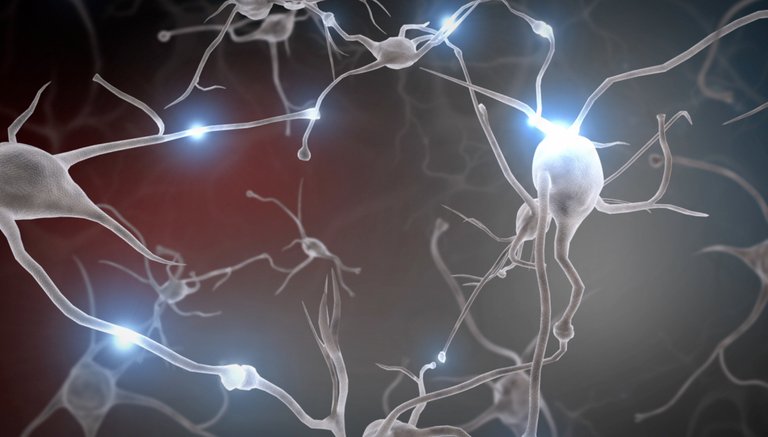
What makes someone smarter?
I think intelligence, at its core, is about having a process to become increasingly more efficient. Whether by acquiring knowledge, and using it, or observing and extracting lessons that can then be used, or by personal trial and error, or by not being complacent and trying to improve continuously, even when something is apparently "good enough".
As we are born, we don't really know much about anything. You could be digging dirt with your hands and then you see someone digging with a shovel. At that point you know that there is a superior way to do the same task. If you insist on doing it by hand => you are an idiot.
All skillsets are kind of learned from the environment or built with experience. Maths, which are often associated with intelligence, are no different.
AI will clearly redefine our concept of intelligence and what ..."smart" is. A neural network can do pattern recognition on seemingly unrelated data sets, finding connections that our mind has been trained to ignore. A neural network might find patterns in moon activity, the weather, bird movement, road traffic, stock market indexes etc etc in order to predict ...an athletes performance, for betting reasons.
A guy which our culture would deem "smart" would be quick to dismiss these connections, and fail miserably to predict the performance of the athlete based on the same data. Meaning that our "smart" guy has a socially conditioned intelligence on what he is even allowed to contemplate (before being criticized by others as being ridiculous).
This is normal, because the basic algorithm is that "Love feels good" => "I want love" => "I want social acceptance" (whether conventionally by aligning with social norms, or trying to prove your worth in society by demonstrating superior ways of thinking compared to normal people). Yet this chain leads one to the safe harbor of "love", which is equated with "acceptance", by ignoring all those aspects that could potentially ridicule him in the social arena.
When a human sees that a neural network can find the "recipe" for catchy melodies, by simply studying the pattern of famous songs, or that it can find the "recipe" for thousands of very highly sought-after hard alloys for the industry, by simply being fed the molecular bonds of a few hard alloys, or predict financial or sport performance, then there is a lamp going off in his head. He is like "what the fuck does a program that emulates neurons has over me, that I don't, and it gets the results when I can't? How can both of us see the same data and yet it clearly "sees" the connections that my mind doesn't even spot".
The answer is usually of the kind:
-social conditioning on how to think (or what is even allowed to cross our minds as "plausible")
-complacency on finding a sub-optimal model that works (and thinking its optimal) and staying with that (the mind does a L1 "caching" of the "prior known solution" and avoids finding better solutions)
Once this type of failure in human thinking is understood, intelligence can accelerate for a human being and new findings about how intelligence works will uncover intelligence-acceleration techniques. Eventually the smartest people are those who have dissected intelligence and understood what it is, how it can increase, what are the obstacles to this, how can one bypass the obstacles, and applied their method to become smarter. All this is not a formal process. It's more like a scientific approach to being, related to one's way of thinking. Monitoring one's thought process for defective or suboptimal ways of thinking and replacing them with superior ones.
Intelligence is measured by different merits and pattern recognition is one of them. On the IQ test they measure memory, pattern recognition, processing speed, and other factors. Then they average out to be your total IQ. When I was sixteen and got my IQ test done I scored average across the board except for processing speed which was significantly low and my ability to shift my mental set as demands changed for which I scored exceptionally high. So certain things some people excel at whereas others do not. As you meet people you come to recognize this. Another element, which isn't really measured but I think relates very strongly to intelligence, are ambition and impulse control. The most intelligent people I've met are people who have this natural desire to learn, and typically excel at certain projects which their peers of the same age group would typically fall out of or fail at. IQ is only one of many "selection factors" for how "successful" one can be in a particular field. Curiosity, motivation , tenacity, and patience (which is probably a sort of impulse control) are the other general selection factors. Everything else would be mostly field specific factors , qualities like sociability, and persuasiveness included.